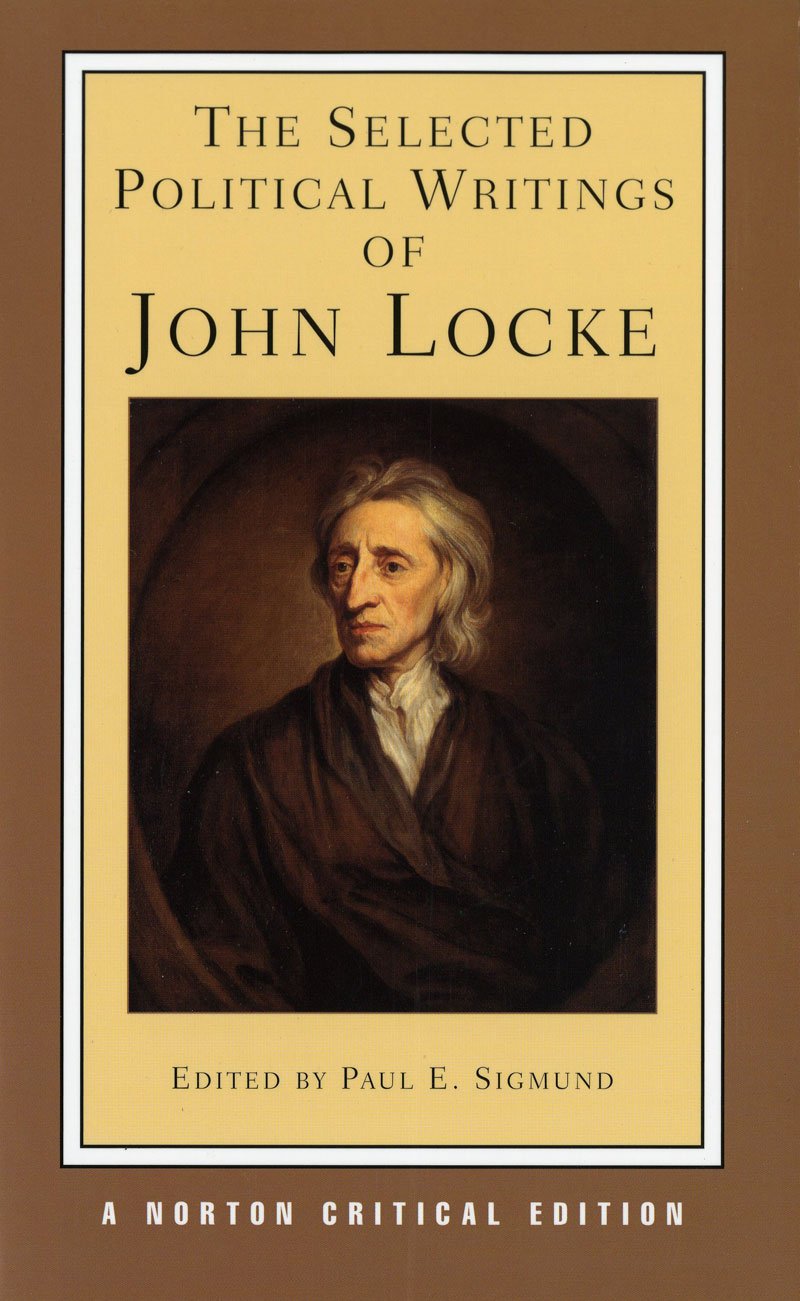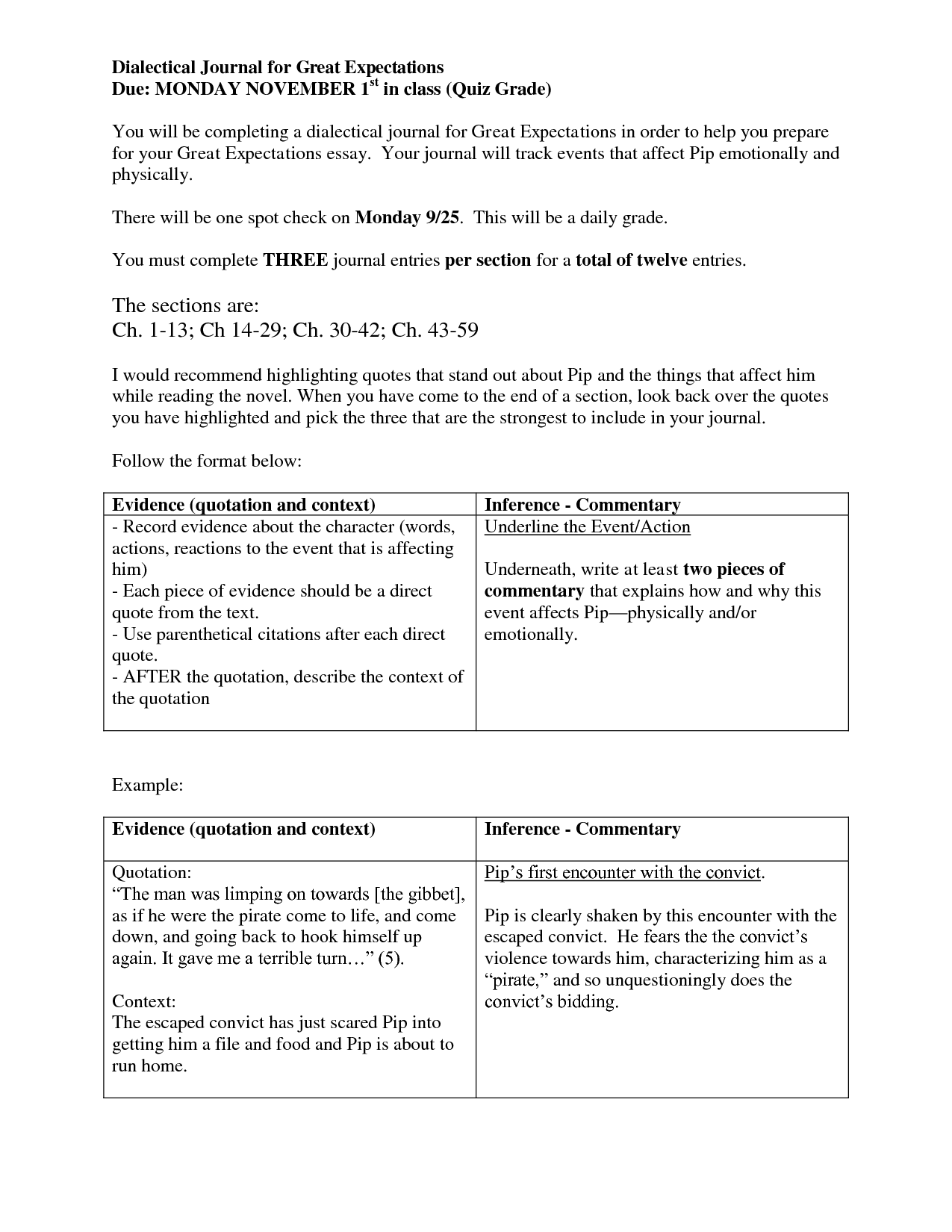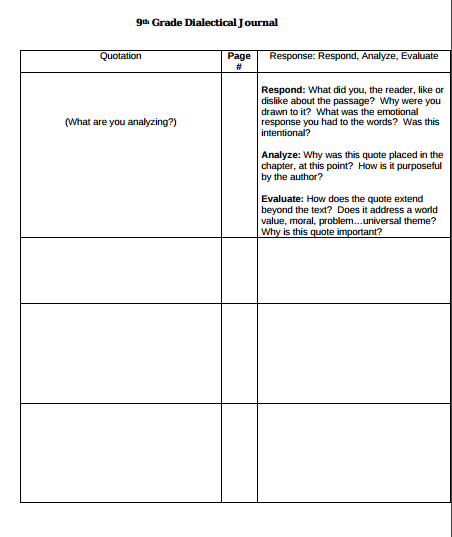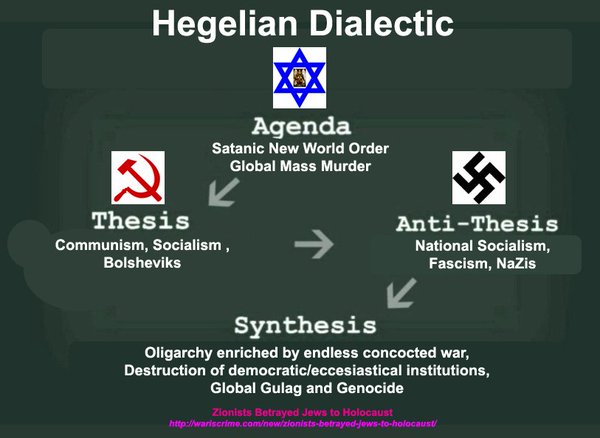

Ours is a time of extremes, a time of multiple total crises-ecological, economic, political, including a genocidal scapegoating of minorities, and multitudes crossing borders everywhere, searching for freedom and survival. Karl Marx’s immediate freedom Idea, a universal, human species essence that is ever open to the new, can be a beacon in our time of angst over the future of humanity and nature. Journal Of Law And Society, (3), 379.From the January-February 2022 issue of News & Letters Identity, Recognition, Rights or What Can Hegel Teach Us about Human Rights?. Southern Journal Philosophy, 43(1), 1-23.ĭouzinas, C. The relevance of Hegel’s philosophical and psychoanalytical approach is seen through his effectiveness in addressing the themes, connected with perennial problems of human thought.

In his philosophic thoughts, Hegel places an important emphasis on human history and human thinking, whereas the conclusions made on the basis of notions of unconsciousness are viewed as irrelevant by the philosopher due to his dialectic vision. In conclusion, it should be stated that Hegel’s dialectics is centered on breaking the limits that prevent human thoughts from the effective realization by means of covert actions, outright assaults, privacy invasions, etc. However, Hegel’s philosophic relevance can be subjected to doubts because of his arbitrary approach to the history of philosophy. In his work Phenomenology of Spirit, Hegel shows that there exists a close connection between philosophical and psychoanalytical underpinning of the system of human society (Fraser, 2007). Hegel’s significant achievement is in identifying the real nature of the philosophical way of thinking by means of showing its conjectural, intuitive, emotional, and scientific rationale.

This relevance is in its complexity of the essential spirituality and philosophy of a man, seen in the perennial problems of human thought development (Douzinas, 2002). Hegel makes special stress on an antithetical combination of a “finite-infinite” in human eternal and temporary conditioned cognition (Ciavatta, 2005).įinally, speaking about Hegel’s philosophical and psychoanalytical relevancy, it is important to note that it is evident through Hegel’s systematic approach to his research. His system of psychoanalytical thinking lies in varied characteristics of judgment and cognitive activity (Polulakos, 2002). “Thought” and “thinking” are the most important notions in Hegel’s activity. His long-standing agenda is concerned with the elimination of the unconscious from scientific and theoretic thinking.

Hegel’s opposition to unconsciousness may be seen as defining philosophy throughout its history (Sun, 2008). Mainly, in his activity, he centers on unconsciousness and evaluates it from the angle of history to prove that this phenomenon has no relevance. With regards to Hegel’s view on psychoanalysis, it is important to note that he places it among important objectives of his scholarly work. The whole essence of Hegelian dialectics is realized around the idea of reintegrating the dismembered world around him with the purpose of finding the true identity of human cognition (MacDonald, 2006). No one more than Hegel has made such important achievements in bringing all thought and being into unity in his dialectics. Hegel believes that such release will result from the historically evolving postulates of contemporary human mentality and culture (Ciavatta, 2005). According to Hegel, humans are limited by the created global agenda that causes privacy invasions, outright assaults, and covert actions and thus, they need a release from the bounds of guided thought and controlled action (Mullender, 2003). Speaking about Hegel’s dialectics, it should be stated that it is in manipulating with a circular pattern of human action, thought, and behavior.


 0 kommentar(er)
0 kommentar(er)
